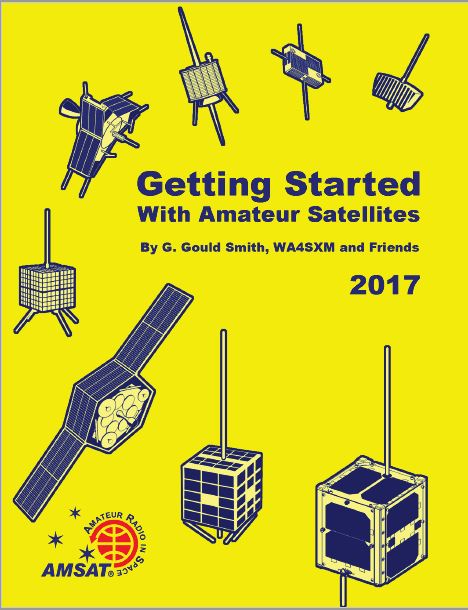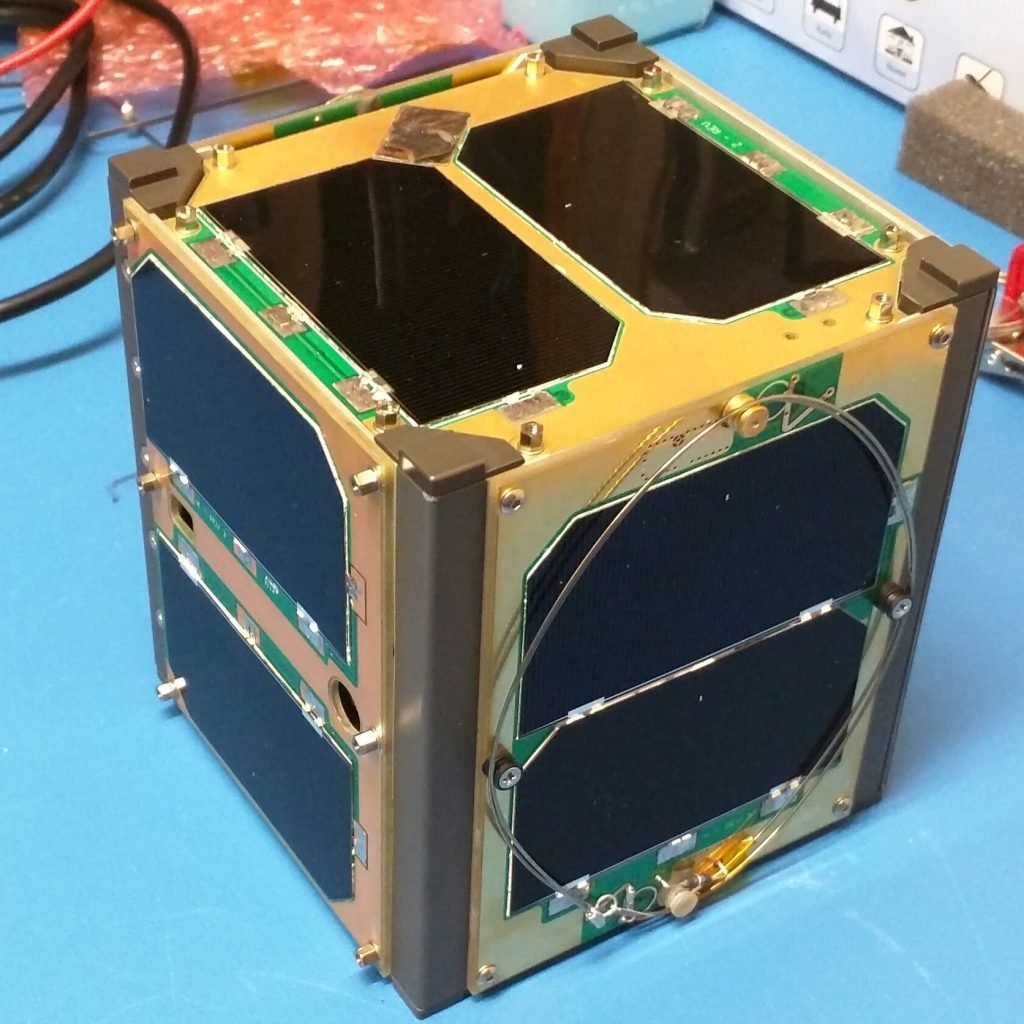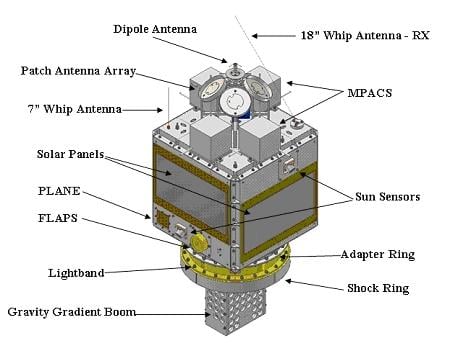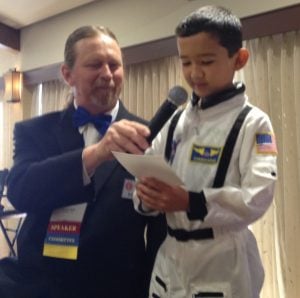As part of the preparations for the launch of RadFxSat on November 10th, AMSAT is making our “Getting Started With Amateur Satellites” book available for a limited time as a download with any paid new or renewal membership purchased via the AMSAT Store. This offer is only available with purchases completed online, and for only a limited time. A perennial favorite, Getting Started is updated every year with the latest amateur satellite information, and is the premier primer of satellite operation. The 182 page book is presented in PDF format, in full color, and covers all aspects of making your first contacts on a ham radio satellite.

Please take advantage of this offer today by visiting the AMSAT store at https://www.amsat.org/shop/ and selecting any membership option. While there, check out our other items, including the M2 LEOpack antenna system, Arrow antennas, AMSAT shirts, and other swag. Be sure to view your cart before going to checkout. If you add a membership and then go directly to checkout, you’ll never see an option to add your free gift.
Thank you, and see you soon on RadFxSat!




